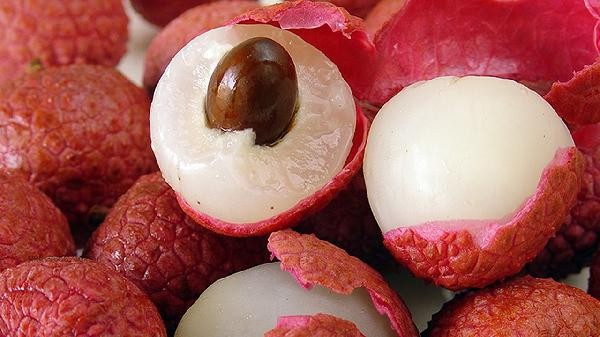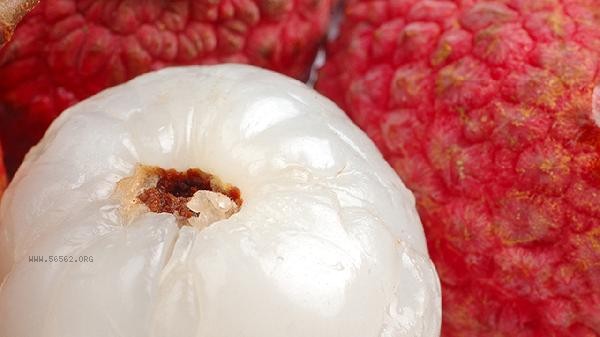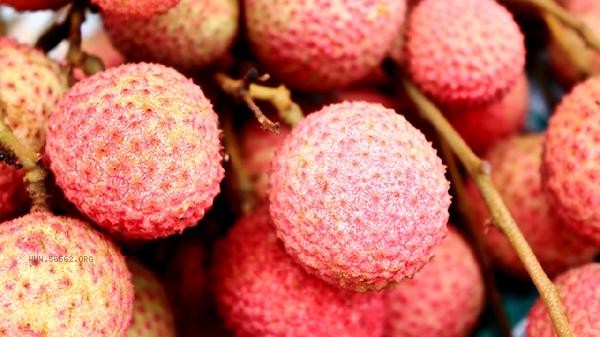Eating lychee with certain foods may affect digestion or cause discomfort. Common incompatible foods include animal liver, carrots, cucumbers, milk, crabs, etc.

1. Animal Liver
Litchi is rich in vitamin C, while animal liver contains minerals such as copper and iron. Eating both together may oxidize vitamin C and reduce its nutritional value. The combination of minerals in the liver and lychee fruit acid may stimulate the gastrointestinal mucosa, causing bloating or diarrhea. It is recommended to consume at least 2 hours apart, and people with special physical conditions should be cautious.
II. Carrots
The ascorbate enzyme in carrots breaks down the vitamin C in lychee, weakening its antioxidant effect. Eating both together may cause slight numbness in the mouth in some people due to the reaction between carotenoids and lychee polysaccharides. Individuals with gastrointestinal sensitivity may experience an increase in bowel movements.
3. Cucumbers
Cucumbers contain vitamin C degrading enzymes, and consuming them with lychee can disrupt vitamin C activity. Both are cold foods, and consuming a large amount of them at the same time may cause abdominal pain for those with weak and cold constitution. It is recommended to consume separately or pair with warm foods such as ginger tea to alleviate coldness.

4. Milk
Litchi fruit acid can easily form clots when combined with milk proteins, affecting protein absorption and increasing digestive burden. Lactose intolerant individuals may experience diarrhea when eating together, and it is recommended to consume it every hour. Eating refrigerated lychee with cold milk is more likely to cause gastrointestinal spasms.
5. Crab
Crabs and lychees both have a cool nature, and eating them together may worsen spleen and stomach deficiency and cold symptoms. Although the pentavalent arsenic content in seafood is extremely low, long-term consumption in large quantities with lychee vitamin C may produce trace harmful substances. It is recommended that individuals with a damp and hot constitution eat small amounts together, but observe their reactions. Litchi has a high sugar content, and it is recommended that adults consume no more than 15 lychees per day, and children consume half of them. Eating on an empty stomach may cause sudden hypoglycemia and should be consumed between meals. Those with yin deficiency and excessive fire can soak litchi in light salt water to reduce dryness and heat, and diabetes patients should strictly control their intake. If there is skin itching or diarrhea after consumption, immediately stop eating. People with allergies need to undergo a small amount of testing for the first time. Paired with green tea, chrysanthemum tea, etc., it can neutralize the heat of lychee and avoid symptoms of excessive heat.










Comments (0)
Leave a Comment
No comments yet
Be the first to share your thoughts!